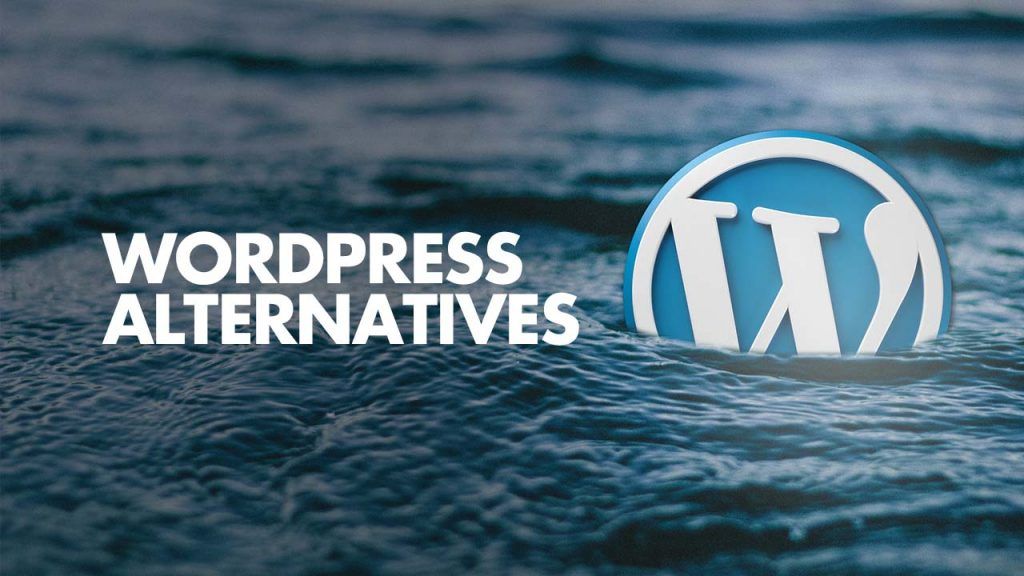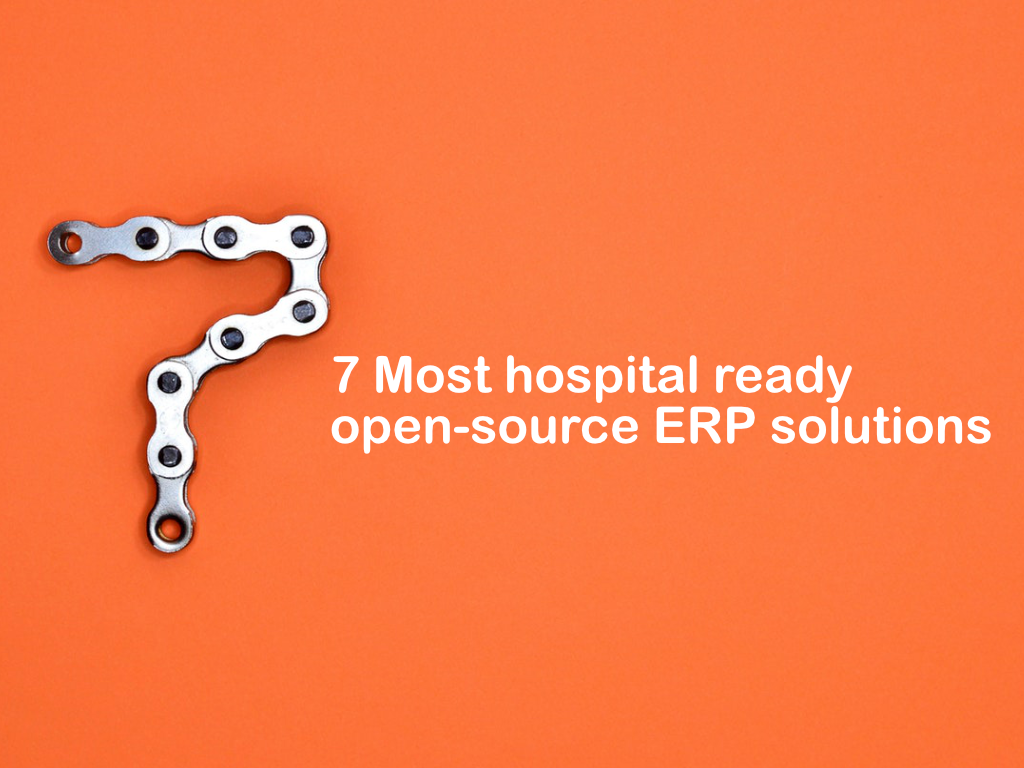10 Open Source Solutions, Hospitals Need
Table of Content
In today's digital age, hospitals increasingly rely on technology to provide quality patient care and manage operations. However, the high cost of proprietary software solutions can be a significant barrier for hospitals, particularly in low-resource settings.
Open-source solutions provide a cost-effective and customizable alternative for hospitals looking to implement technology solutions. Open-source software solutions are built on collaborative and community-driven development models, allowing for greater innovation, flexibility, and system interoperability.
This blog has identified 10 open-source solutions hospitals need to manage patient data, streamline operations, and improve patient outcomes. From electronic health records to health analytics and business intelligence, these solutions provide hospitals with various options to meet their unique needs while staying within budget.
With the growing adoption of open-source solutions in the healthcare sector, hospitals can leverage them to enhance their technology infrastructure and deliver quality patient care.
1- Electronic Health Records (EHRs)

EHRs and EMRs are digital records of patient's health information, including medical history, diagnoses, and treatment plans. Open-source EHR solutions for hospitals, such as OpenEMR and GNU Health, offer cost-effective and customizable options for managing patient data securely and efficiently.
Benefits: The Benefits of open source EHRs include,
- Greater interoperability,
- Allowing for better collaboration among healthcare providers
- Improved patient outcomes.
2- Picture Archiving and Communication System (PACS)

PACS is a system for storing, retrieving, and distributing medical images such as X-rays, CT, and MRI scans. Open-source PACS solutions for hospitals, such as Orthanc and ClearCanvas, provide affordable options for managing medical images and improving patient care.
We wrote an article about the best open-source PACS system, that can be installed for any hospital without any limitation or vendor lock-in.
Benefits:
The Benefits of open source PACS include,
- Improved accessibility of medical images,
- Faster image retrieval,
- Reduced costs.
3- Laboratory Information Management System (LIMS)

LIMS manages laboratory workflows, including sample tracking, data management, and quality control. Open-source LIMS solutions for hospitals, such as Bika LIMS and LabKey, offer customizable and cost-effective options for managing laboratory operations.

Benefits:
The Benefits of open-source LIMS include,
- Improved data management,
- Faster turnaround times,
- Increased lab efficiency.
4- Hospital Management System (HMS) or Hospital Information System (HIS)

HMS or HIS manages hospital operations, including patient registration, scheduling, and billing. Open-source HMS solutions for hospitals, such as GNU Health and Open Hospital, provide affordable and customizable options for managing hospital operations.
Benefits:
The Benefits of open source HMS include,
- Improved hospital efficiency,
- Reduced costs,
- Greater flexibility in adapting to changing healthcare needs.

5- Patient Portals

Patients can access their medical records, communicate with their healthcare providers, and schedule appointments through patient portals. For patients to manage their healthcare, open-source solutions such as OpenMRS and LibreHealth offer secure and customizable options.
Benefits:
The Benefits of open-source patient portals include,
- Improved patient engagement,
- Increased patient satisfaction,
- The reduced administrative burden for healthcare providers.
6-Clinical Decision Support Systems (CDSS)

CDSS provides healthcare providers with evidence-based recommendations for clinical decision-making. Open-source CDSS solutions for hospitals, such as OpenCDS and Clinical Knowledge Manager, provide customizable and cost-effective options for improving clinical decision-making.
Benefits:
The benefits of open-source CDSS include,
- Improved patient outcomes,
- Increased provider efficiency,
- Reduced healthcare costs.
7- Health Information Exchange (HIE)
HIE is used to share patient information securely between healthcare providers and systems. Open-source HIE solutions for hospitals like OpenHIE and Mirth Connect provide interoperable and customizable options for sharing patient data.
Benefits:
The benefits of open-source HIE include the following,
- Improved care coordination,
- Reduced medical errors,
- Increased patient safety.
8- Telemedicine

Telemedicine refers to the use of technology to provide remote healthcare services. Open-source telemedicine solutions for hospitals like OpenTeleHealth and OpenEMR Telehealth provide customizable and cost-effective options for delivering remote healthcare services.
Benefits:
The benefits of open-source telemedicine include,
- Improved access to care,
- Reduced healthcare costs,
- Increased patient convenience.
9- Health Analytics and Business Intelligence
Health analytics and business intelligence are used to analyze healthcare data to improve decision-making and operations. Open-source health analytics and business intelligence solutions for hospitals, such as OpenClinica and DHIS2, provide customizable and cost-effective options for analyzing healthcare data.
Benefits:
The benefits of open-source health analytics and business intelligence include,
- Improved healthcare outcomes,
- Reduced healthcare costs,
- Increased operational efficiency.
10- Content Management System (CMS)
A CMS manages digital content, such as websites and digital documents. Open-source CMS solutions for hospitals, such as Drupal and WordPress, provide customizable and cost-effective options for managing digital content.
However, we recommend other CMS solutions like Wagtail which proven to be developer-friendly and highly customizable.
Benefits:
The benefits of open source CMS include:
- Improved website functionality,
- Increased accessibility of digital content,
- Reduced costs for website management.
- Provide a document portal for the staff, and patients
- New portal for the enterprise
- Integrates with other solutions.
Here is a list of the best open source CMS and WordPress alternatives:

Conclusion
In conclusion, the use of open-source solutions in hospitals is rapidly growing due to their cost-effectiveness, flexibility, and interoperability. The 10 open-source solutions discussed in this article can help hospitals manage their operations and provide quality patient care while staying within budget.
Hospitals can improve efficiency, reduce costs, and enhance patient outcomes by leveraging electronic health records, laboratory information management systems, telemedicine, and other open-source solutions. With open-source solutions' continuous development and improvement, hospitals can stay up-to-date with the latest technology while maintaining control over their data and systems.
As healthcare evolves, open-source solutions will play an increasingly vital role in delivering quality patient care.
Read more











